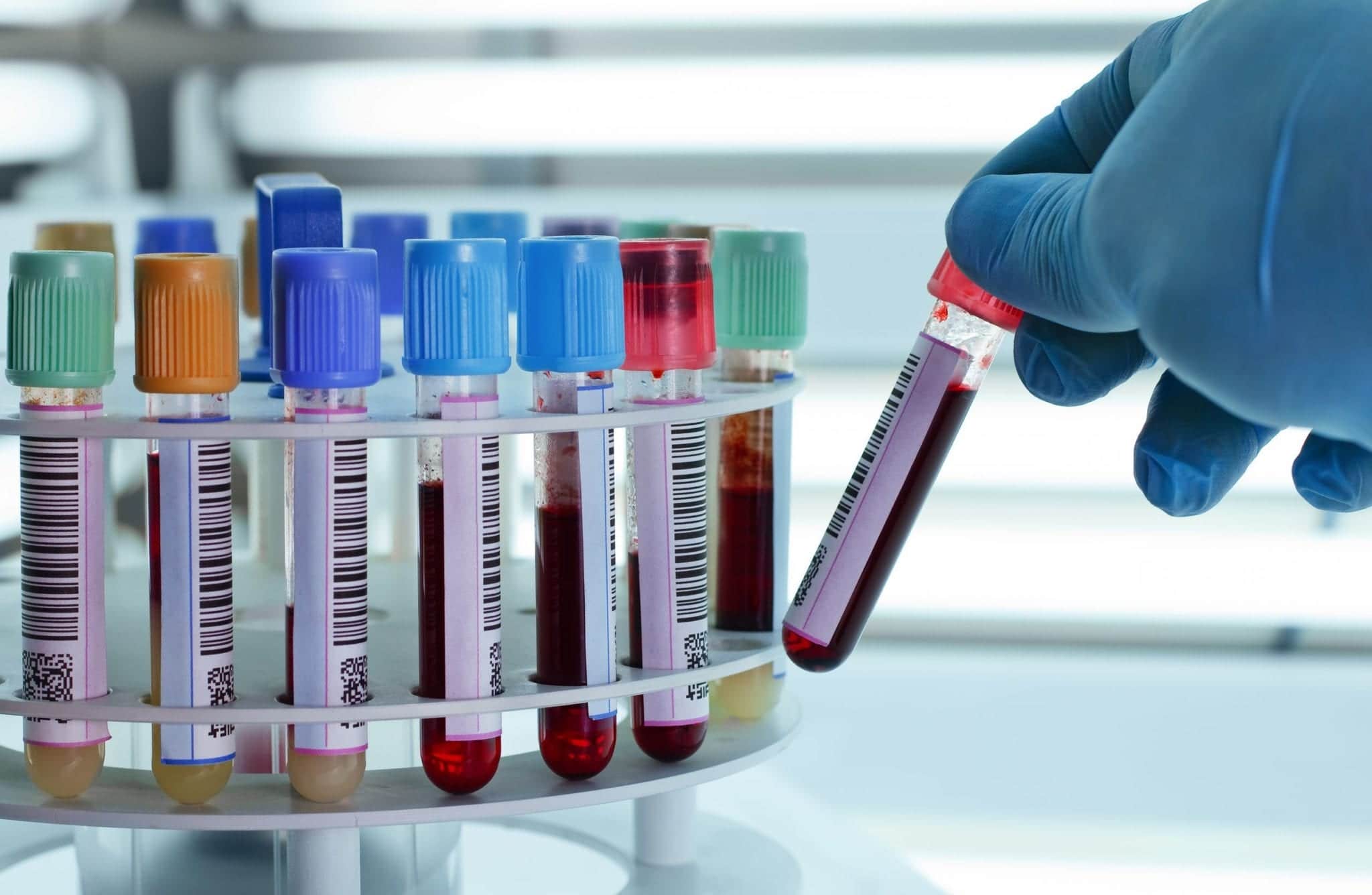In North Carolina, you are considered legally intoxicated and forbidden from operating a motor vehicle if you have a blood alcohol content (BAC) of .08 or more.
If you are lawfully arrested for a DWI by a police officer who has probable cause to believe you are driving over the legal limit, then you are required to take a BAC test.
In North Carolina, there are three different types of tests that may be used to determine your BAC— breath, blood, and urine testing. We’ve included a guide to these three tests below.
Breath testing. To test your BAC through a breath test, an officer may use a portable breath analysis device known as a breathalyzer. When you blow through a breathalyzer, the device measures the alcohol that is expelled on your breath. While these tests are generally accurate enough to be used against you in your DWI case, they are not usually as accurate as blood tests. Factors such as your physical traits, diet, or the presence of paint, gasoline, and glue in your surrounding environment may affect the accuracy of a breath test.
You may be asked to take a breath test after you are lawfully arrested for a DWI, or even before you have been arrested if you are stopped at a checkpoint. You may also be asked to submit to a breath test if you were involved in an auto accident, or if you break a traffic rule and the officer who has stopped you has reasonable cause to believe you have been drinking.
Blood testing. With a blood test, your blood may be drawn and analyzed for its BAC. Blood testing is often more accurate than other types of testing, but the accuracy of results can be influenced by factors such as preservatives, coagulation, lack of sterilization, and human error.
Urine testing. Urine testing is the least accurate of the three BAC tests, and should be utilized only when breath and blood tests cannot be. One of the problems with urine testing is that alcohol may take up to two hours to appear in urine, and may remain in your system for up to 24 hours. In some cases, urine testing picks up alcohol content from small amounts of alcohol found in certain foods, medicines, and hygiene products.
Can I Refuse to Take a BAC Test in North Carolina?
Under our state’s implied consent law, you implicitly agree to submit to a BAC test if a police officer has probable cause to believe you have been driving while intoxicated. The test should be administered in an appropriate amount of time after you have been driving—typically within three hours and forty-five minutes.
If you refuse to take the test, you may be penalized by one year of license suspension. Your officer should provide you with a notice in writing that you will use your license for a year or more if you do not submit to a test. The officer should also inform you of your right to speak with an attorney, have a witness while you take the BAC test, and obtain a second test after you take the first one.
Ultimately, it’s not usually a good idea to refuse to submit to a BAC test after you have been arrested for a DWI. Not only may you lose your license for a year, the court could use your refusal as an indication that you knew you were intoxicated and convict you of a DWI anyway. If you are convicted of a DWI, you may be penalized by jail time, heavy fines, community service, and a lifelong criminal record.
The best thing you can do after being arrest for a DWI in North Carolina is to seek assistance from a knowledgeable DWI defense lawyer. Even if your test results indicate that you were driving with a BAC over the legal limit of .08, a skilled lawyer may be able to prove that the tests results were inaccurate. In some cases, your attorney may be able to show that the officer made an illegal stop that violated your rights, thus rendering your test results invalid.
Remember, too, that just because your BAC was found below the legal limit, the prosecution may try to prove that you were driving while impaired by pointing to factors such as erratic driving, slurred speech, or failing to perform field sobriety tests. Your attorney can help you defend your rights against unjust DWI accusations and avoid long-term consequences to your future and freedom.
About the Author
Attorney Mike Schlosser represents victims of personal injury, those charged with a crime, as well as those facing traffic charges. A former Guilford County, North Carolina District Attorney, Schlosser has been in private practice at the Law Firm of Schlosser & Pritchett since 1983 and has been a member of the North Carolina State Bar since 1973.










